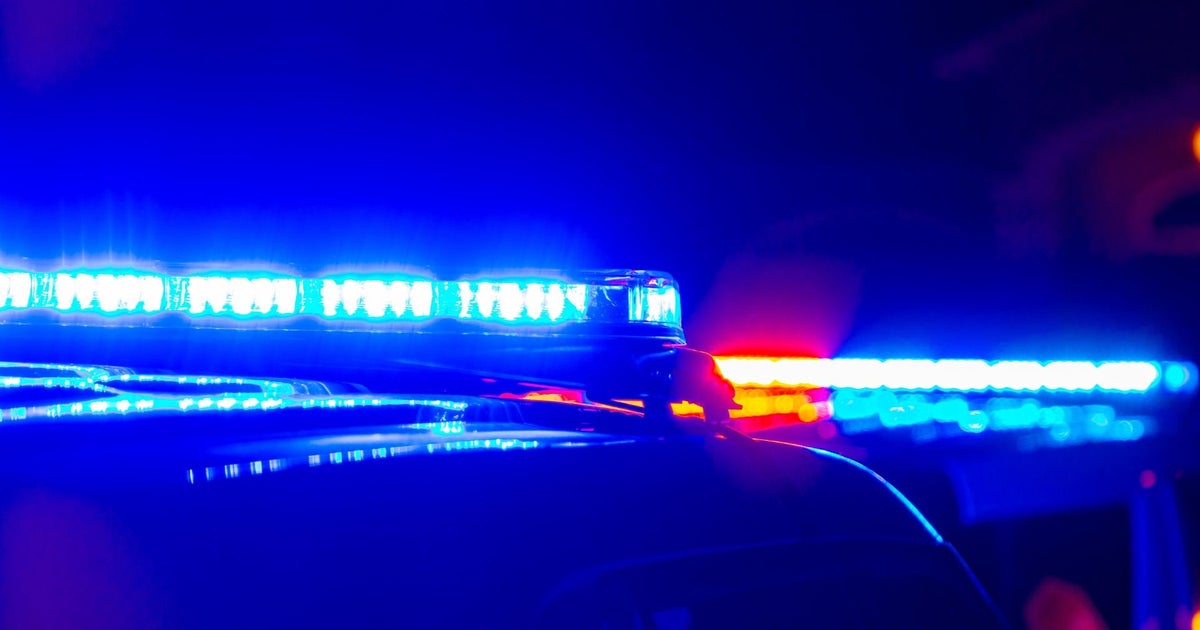San Francisco ham radio operators provide critical communication link in emergencies
A group of hobbyists who have become experts in a low-tech form of communication are now a vital link helping local first responders in the event of a worst-case scenario.
Bruce Wolfe likes to spend his day practicing his hobby – a pastime that first began when he was kid connecting two cups with a string, and learning about the basics of communication.
"I learned how to do this when I was a kid," said Wolfe. "My father taught me how to do it, and I did in the Cub Scouts and Boy Scouts."
Today, Wolfe uses technology that is a little bit more advanced, but is still very old school. On any given day, you might find him in the middle of Golden Gate Park setting up an antenna and radio tuners where he tries to make connections with people across the state, the country and even the world.
"The farthest I have reached is Cyprus, I've connected with New Zealand, Australia, and the Philippines," said Wolfe.
Wolfe is the president of the San Francisco Radio Club, a group of 150 members known as amateur ham radio operators who like to socialize and practice the art of radio communications. But they are more than just hobbyists; they considered themselves experts in a field that becomes essential in the event of a major disaster.
"When everything falls apart, when there is no electricity and no communications and cell phones go down, we want to make sure our radios here are working," said Wolfe. "And I'm not connected to any part of the grid."
Corey Siegel, who serves as chief for the city of San Francisco's Auxiliary Communication Services, says radio operators can play a crucial role.
The ACS was formed following the 1989 Loma Prieta Earthquake after first responders recognized they had holes in their communications. Today, they play a vital role as public servants in a worst-case scenario.
"When you go out in the middle of nowhere, everything is decimated, and you still have to provide that critical communication link, it is still really critical to get that information back to city emergency responders," said Spiegel.
During the recent wildfires, when power was cut and communications went down, ham radio operators across Northern California provided a critical communication link to embattled first responders by allowing access to Bay Area antenna repeaters, including the SFRC's repeater on Sutro Tower.
"So having that kind of repeater, it can really send a signal 360 degrees in all directions and people can make emergency communications that way," said Wolfe.
Radio operators also play a role during major celebrations in the city. During big events like Fleet Week and the Pride Parade, volunteers walk the streets to provide an extra set of eyes and ears for police and fire.
During the San Francisco Marathon, the San Francisco Radio Club becomes the communication hub for the event by keeping track of the 30,000 runners, monitoring injuries and support vehicles.
"We provide that extra layer for them [police and fire]" said Wolfe. "Just in case, they need to respond to a more serious situation, now their resources are free."
The next big event you will see volunteers radio operators with San Francisco's Auxiliary Communications in the city will happen during San Francisco Fleet Week in October.





